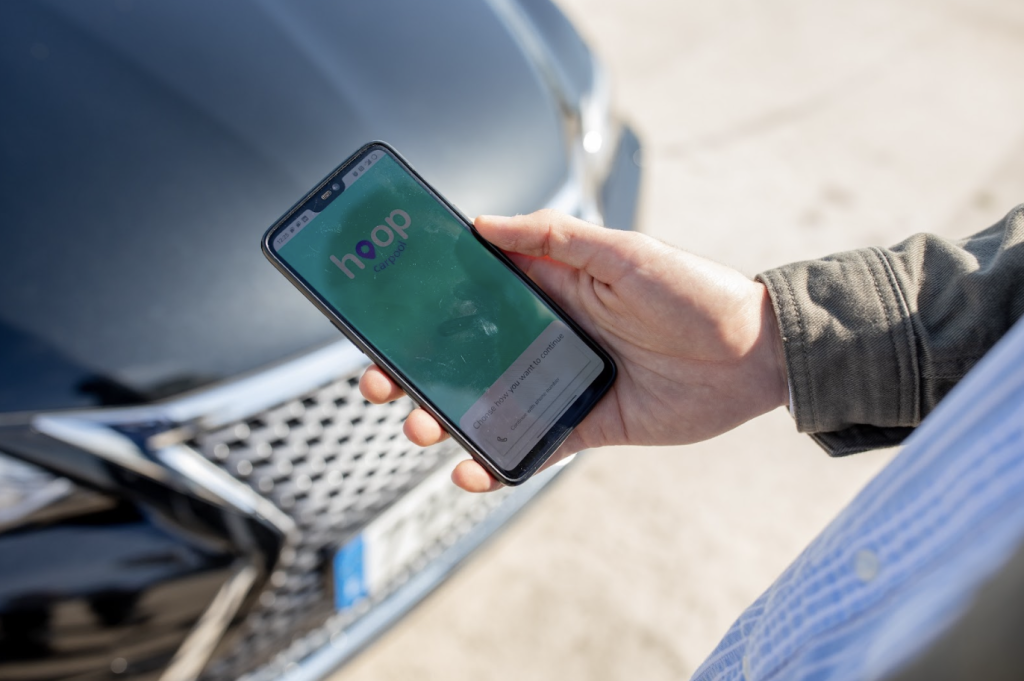
Hoop Carpool Offers a Mobility Solution for Colombia and Mexico

Carpooling is an international trend that helps reduce traffic and protect the environmental ecosystem. Through applications or technological platforms, drivers and passengers can search for available rides and cars with free seats, respectively.
With these tools, several people can travel in the same vehicle to reach a common destination. Their objective is to optimize the use of the car by maximizing the number of seats used.
Latin America seeks to implement this trend in the vehicle fleet, since it has given very good results in large European metropolises, burdened by traffic congestion.
Companies such as Hoop Carpool come to the region to offer mobility solutions that allow, among other things, to decongest cities through safe mechanisms because they only allow carpooling with members of the same community or the same company.
In addition, it is an economical solution that also improves mobility emissions by reducing the use of vehicles.

Read also: Enel X and SQM Introduce the First 100% Electric Truck for the Mining Sector
Approach
Carpooling is an effective practice that can be applied in Latin America, especially in large cities where traffic volume and safety can be a problem.
Hoop Carpool is the service for workers of companies that connect with each other, ensuring the safety of their employees. Hence the importance of encouraging its use and thus achieving more sustainable and efficient mobility.
This is the objective of Hoop Carpool, which is why it has expanded to Mexico and Colombia.
Benefits
Carpooling not only saves time and money, but also reduces the amount of vehicles on the road, which means an improvement in the environment with less emissions and also traffic reduction.
Hoop Carpool also stands as an interesting proposition in the face of accelerating fuel price increases.
The company’s platform allows free registration for drivers and passengers, presents a system of ratings and comments so that users can improve the trust and safety of the service.
It also offers integration with Google Maps to facilitate route planning, charging a fee to passengers through the application, simplifying payments between carpoolers, and does not generate commissions for users.





